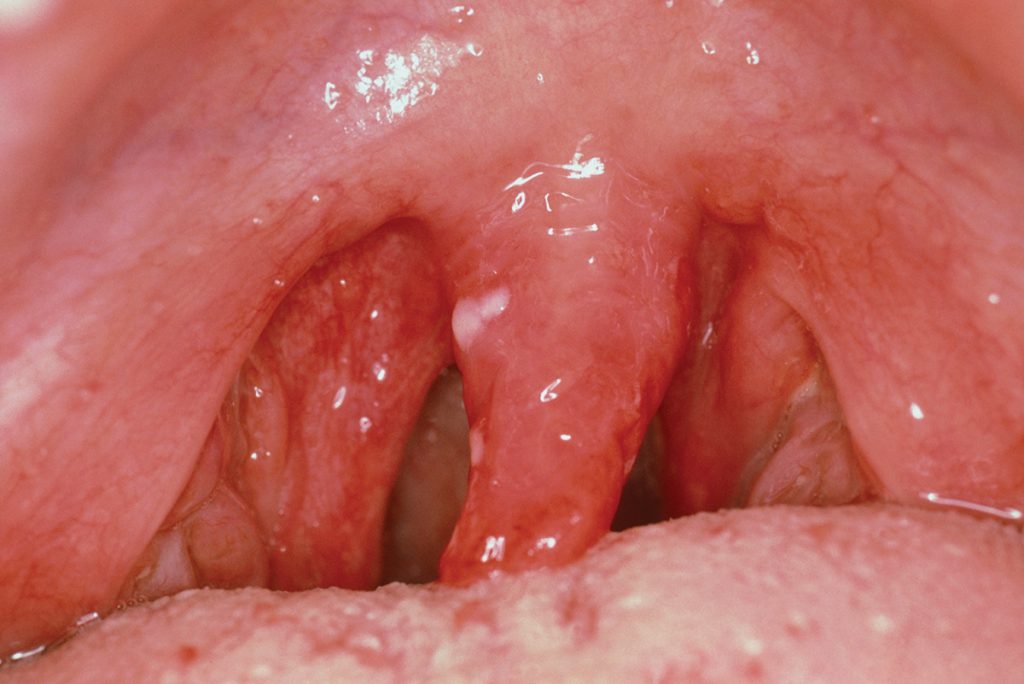Long Covid: fatigue

Fatigue is common after Covid-19 infection. When is action needed? By Dr Kiran Desai, Dr Rebecca Bamford and Dr Adam Ainley
Fatigue is a very common symptom of Covid-19, affecting around eight in 10 patients. Normally, this symptom will settle in two to three weeks but in some cases a post-Covid fatigue can last for weeks to months. The Coronavirus Infection Survey by the Office of National Statistics found that fatigue was one of the most common symptoms in post-Covid patients, with around 12% having symptoms at five weeks after Covid-19 infection.1
Could the fatigue be unrelated to Covid-19 infection?
Fatigue is a generalised symptom seen with many infections, as well as other systemic conditions. Postviral fatigue is already well known and is commonly described after glandular fever, mumps, SARS-CoV-1, MERS-CoV, and other viral infections. Severity and length of symptoms do not always reflect the severity of the initial infection or the patient’s previous fitness level. The majority who experience postviral fatigue will make a full recovery. Rarely, post-viral fatigue can develop into chronic fatigue syndrome (CFS).
Fatigue can be a manifestation of normal physiological states, physical diseases or psychological disorders. Physiological causes would include pregnancy, breastfeeding, inadequate rest or sleep and excessive exercise. Physical conditions include anaemia, diabetes mellitus, hypothyroidism and malignancy. Psychological causes include depression, anxiety, loss and stress.2
Assessment
For patients with fatigue following Covid-19 infection, a full medical assessment should include a review of physical, cognitive, psychological and psychiatric symptoms, as well as assessment of functional ability.3
A clinical history should include a review of the suspected Covid-19 infection and duration of symptoms, detailing any other associated persistent symptoms such as headache, cough, breathlessness, chest pain and palpitations in keeping with a possible post-Covid syndrome.
It is also important to assess the pattern and character of the fatigue. Post-exertional fatigue is common, and can feel particularly debilitating as it may not be relieved by rest or sleep.4
A history should be used to exclude other causes of fatigue, especially where the symptoms are isolated or in patients with pre-existing conditions that may account for the symptoms.
Symptoms such as cold intolerance, history of thyroid dysfunction and muscle cramping may be more suggestive of a diagnosis of hypothyroidism. Fatigue-associated shortness of breath may suggest an underlying anaemia and it would be important to consider causes of this in the history-taking process. Additional symptoms such dyspepsia, haematemesis or melena may raise suspicion of acute blood loss via upper GI bleeding, which would warrant urgent referral to secondary care.
Lastly, fatigue is also a common symptom associated with malignancy and history-taking should include exclusion of red-flag symptoms such as persistent cough, change in bowel or bladder habits, dysphagia, unexplained weight loss, lumps, pain, bleeding or change in skin lesions.5
Investigation and management
Extensive investigations are rarely needed in postviral fatigue,4 but with post-Covid fatigue, NICE recommends offering blood tests, in particular FBC, kidney and liver function, CRP, ferritin, BNP and thyroid function tests6, which will help to exclude alternative causes.
In primary care the main recommendation is that treatment should be given to correct any underlying or reversible causes such as thyroid dysfunction, iron or B12 deficiency or vitamin D deficiency. Further advice can be provided to patients about energy conservation and pacing. A number of resources are available for patients to undertake self-management including the NHS Your Covid Recovery platform and resources from the Royal College of Occupational Therapists.
Long Covid clinics
NICE recommends referral to a long Covid service after ruling out acute or life-threatening complications and alternative diagnoses.6 Assessment clinics are recommended to include a multidisciplinary integrated assessment service including occupational therapists and physiotherapists.3
There are no gold-standard treatments for post-Covid fatigue and no specific pharmacological interventions.6 However, management of post-Covid syndrome is based on experience of other postviral syndromes until further evidence becomes available. One of the aims of post-Covid clinics is to assess the degree of functional impairment, the impact of this on patients’ daily lives, including work and social life, and to develop personalised rehabilitation and management plans. These include treatment of diagnosed underlying conditions and self-management strategies such as energy conservation techniques and pacing.2
Dr Kiran Desai is a senior clinical fellow in respiratory medicine, Dr Rebecca Bamford is a specialist trainee registrar in respiratory medicine and Dr Adam Ainley is a consultant respiratory physician, all in Barking, Essex
References
- Office for National Statistics (ONS), 2020. The prevalence of long Covid symptoms and Covid-19 complications
- NICE. Clinical Knowledge Summary (CKS), 2020. Tiredness and Fatigue in Adults. London: NICE, 2020
- Greenhalgh T, et al. Management of post-acute Covid-19 in primary care. BMJ 2020;370:m3026
- Gaber T. Assessment and management of post-Covid fatigue. 2021. Progress in Neurology and Phsychiatry 2021;25:1:36-39
- Sakthivel M, et al. Screening for red flag symptoms of cancer: A community-based cross-sectional study from urban Puducherry, India. Journal of Education and Health Promotion 2018;7:174
- NICE. Rapid guideline: managing the long-term effects of Covid-19. London: NICE, 2020
Pulse July survey
Take our July 2025 survey to potentially win £1.000 worth of tokens

Visit Pulse Reference for details on 140 symptoms, including easily searchable symptoms and categories, offering you a free platform to check symptoms and receive potential diagnoses during consultations.
Related Articles
READERS' COMMENTS [1]
Please note, only GPs are permitted to add comments to articles












“There are no gold-standard treatments for post-Covid fatigue”. I know what might help, beyond a flight to Malaga, increased dose of sertraline to 100mg and free crate of craft beer – making individuals (particularly those under 35 years age, whose fatigue is Mon-Thur only) sit in a dark room, and watch with no food or water or toilet, a 2hr documentary on world poverty, slavery, malnutrition, homelessness, war crimes and third-world healthcare systems.